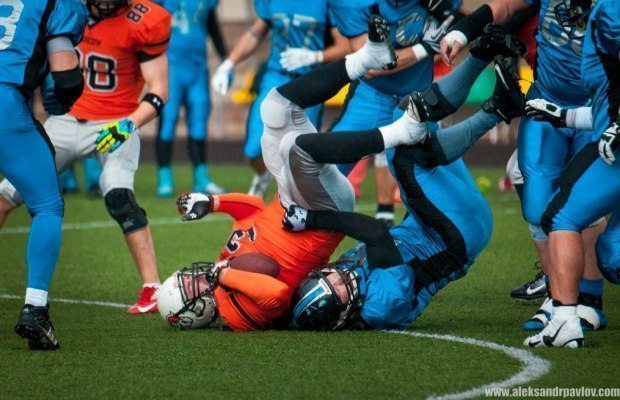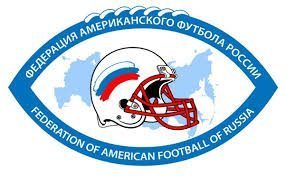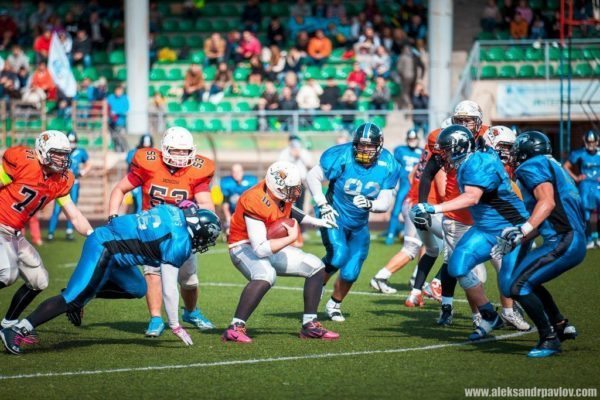From Kaliningrad to Vladivostok, American Football Growing in Russia

“..there are nearly 50 football clubs in the country, covering everything from Kaliningrad in the heart of Europe to Vladivostok and Khabarovsk on the Pacific Coast.”
[su_dropcap]W[/su_dropcap]ith the 2014 American Football season in the books in Russia, it’s time to look back at what happened this year and review the progress that was accomplished in the development of the sport. To read a recap of the 2014 season’s action check out this article.
The first thing that pops into mind is the exponential growth of the sport in Russia.
Traditionally, the distances that have to be traveled in this the world’s biggest country have been a huge financial obstacle for the development of this (still fairly new) sport. Typically, only the most financially capable teams have been able to afford participating in the National Championship series. But the number of teams has developed enough to support the league with weekly travel games, growing quite impressively with 23 teams participating in this season’s league, up from 18 in 2013 and only 12 in 2012.
Of course, this kind of quantity doesn’t necessarily translate into quality, but it is still a huge indication of the rapid increase of popularity of American Football in Russia. Moreover, counting the teams that exist but only participate in local tournaments and bowls, there are nearly 50 football clubs in the country, covering everything from Kaliningrad in the heart of Europe to far flung cities such as Vladivostok and Khabarovsk on the Pacific Coast.
The second noteworthy thing was the increase of competitiveness within the top league itself.
Although the games with a score difference of 50 points still happen occasion, all the teams had their share of close games that they had to fight through. Only some of the rookie teams went through the year without a single win, and even they were still relatively competitive in their respective divisions.
Even Russia’s top clubs struggled mightily at times, particularly in the playoffs, as even the champions Moscow Patriots had to come from behind or play a relatively even games against their top competitors. All of that is a sign of very healthy competition, which seems to be the key for both further development of the sports’ quality and its popularity among the fans.
The third important development seems to be the emergence of the college-level and youth football.
Although any sort of a national college championship still seems ways off, a number of college teams are already playing each other regularly in a number of regional bowls and competitions, and seem likely to develop quality players for the adult teams in the future. Furthermore, the youth teams continue to grow in both quality and quantity, which was on display on the European level, as teams like the St. Petersburg Hogs and Luga Hunters participated in the Finnish collegiate league championship this season were among the top teams there.
So what’s next for American football in Russia?
Although the National Championship is over, a lot of local tournaments are still being played out throughout the country. A month ago we saw the St. Petersburg Vikings claim the yearly Karelia Bowl, and the next weekend will see Ekaterinburg Lightings and Ozersk Hunters battle out for the Urals Cup.
The competition in the North-Western College Championship as well as the North Caucasus Federal University Bowl is still raging on, so the months of September and October will still provide a lot of action for the football fans across Russia.
But what does the long-term future hold?
Although the logistical problems, lack of funding and low organizational capacity on the national level all still exist, people’s enthusiasm for the sports keeps pushing it’s development throughout the nation.
This year saw the unprecedented growth in fan attendance and the geographical spread of the teams participating in the Championship, and with a lot of other teams appearing to be set to join in 2015, the future of American Football definitely appears to be bright in Russia.

